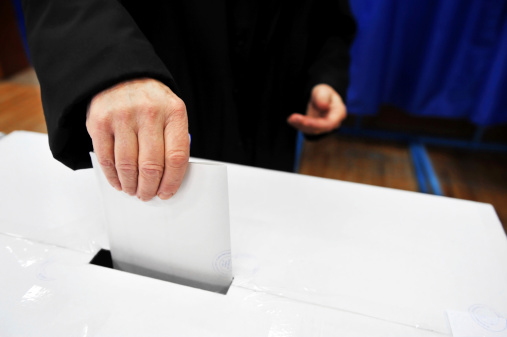Many advocates of tort reform believe that the results of November’s nationwide midterm elections will give them a favorable edge that will help further their agenda. Republicans are now the majority in the House of Representatives and the Senate, and there are more Republican governors than Democratic governors by a wide margin. Just how are those numbers relevant to tort reform?
Do Party Lines Matter?
Even though support for and opposition of tort reform don’t necessarily divide cleanly down party lines, Republicans have historically favored reform more than Democrats. Since Republicans gained nine seats in the Senate and 12 seats in the House of Representatives (not to mention three new governors), advocates say it could be a sign of major tort reform nationwide.
Republican governors were seated in a few typically democratic states, such as Massachusetts, Illinois, and Maryland. They also gained control of the Minnesota House, both houses in Nevada, and the New York State Senate. Even though the election was held only a little over a month ago, tort reform advocates are already applauding the results, believing that the seating of so many Republicans will have an impact on tort reform on both state and federal levels.
In West Virginia, for example, where Republicans gained control of both houses, tort reform has been a contentious issue for years. However, advocates believe that with Republicans in charge, there will be a big push for reform in the coming year. The state’s governor, Earl Ray Tomblin, is a Democratic, but the only requirement to override his veto would be a simple “yes” majority.
Is There a Genuine Cause for Concern?
Not everyone believes that the election results automatically indicate there will be a dramatic escalation in tort reform laws. Well known consumer advocate, Joanne Doroshow, was quoted on Business Insurance as saying “There’s a concern, but not an overwhelming concern, about the prospect of tort reform passing at the state level.”
Ms. Doroshow, who is the executive director of New York Law School’s Center for Justice and Democracy, paints it as a division of philosophies, saying “There are Republicans interested in protecting corporate misconduct and other types of wrongdoing. And there are other Republicans who are most interested in protecting the Constitution from the government.” Regardless of party affiliation, however, Ms. Doroshow believes that “anybody who respects the power and authority of juries is not going to support tort reform.”
Still, others don’t believe that tort reform should be viewed through a partisan lens at all. Harold Kim, executive VP of the United States Chamber Institute for Legal Reform, believes that “reform should be a bipartisan issue”, according to the Business Insider. Mr. Kim noted California was a state where there are “assembly members who are Democratic who are strong legal reform proponents.”
It’s too early to tell whether or not the results of the midterm election will have a significant impact on tort reform. However, it is important to know where your state’s Senate and House Representatives stand on the issue. So, contact them today and ask how they plan to vote when and if the issue of tort reform comes up.

